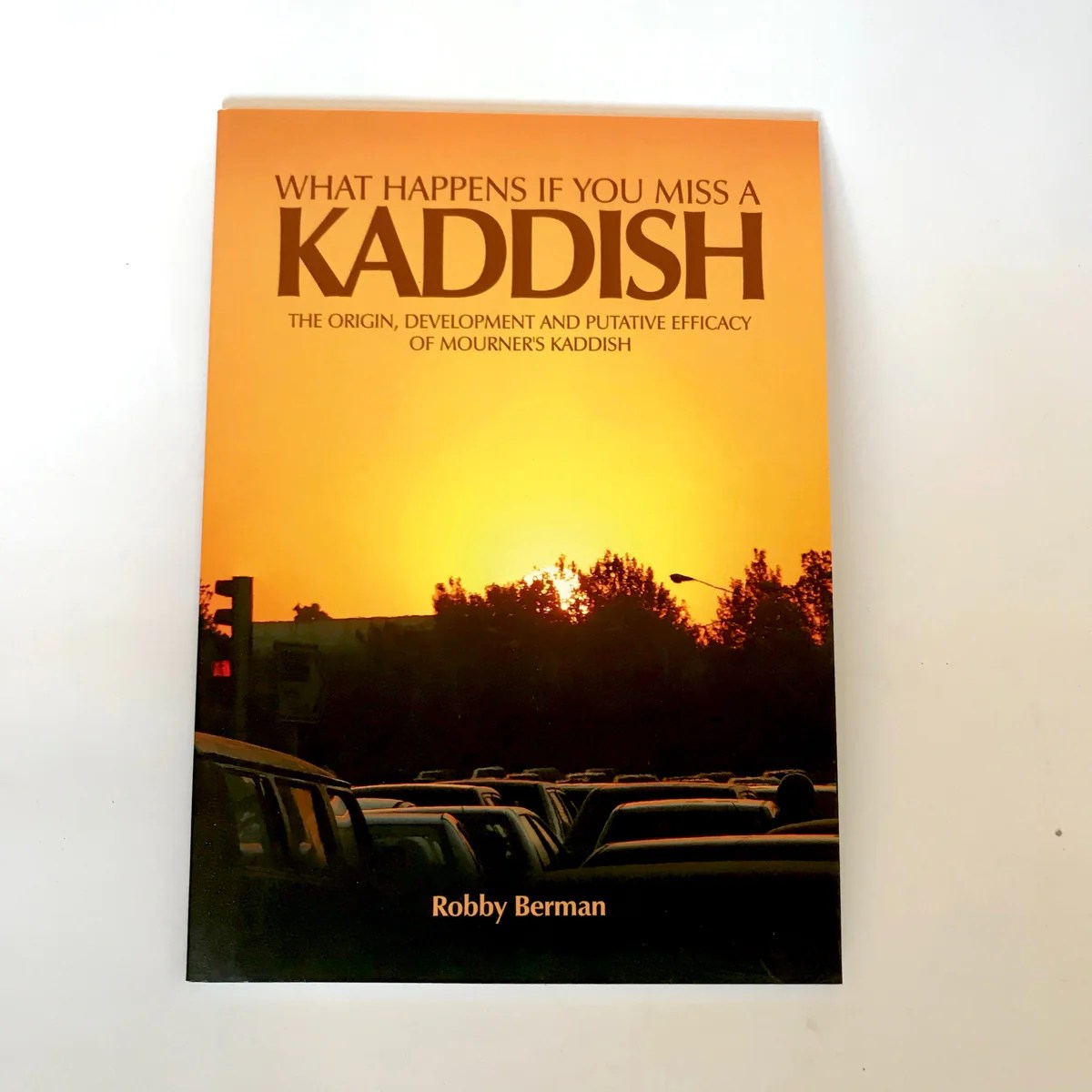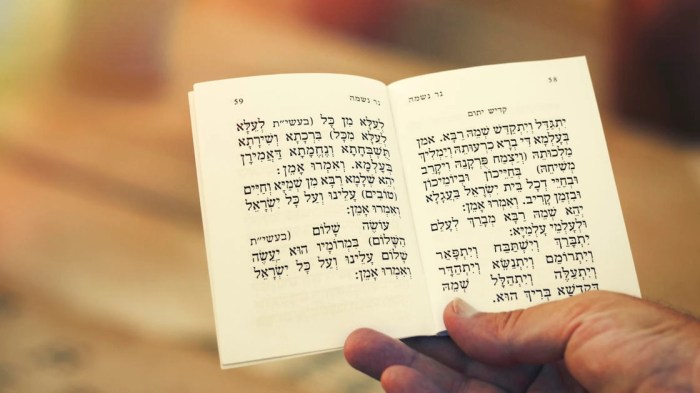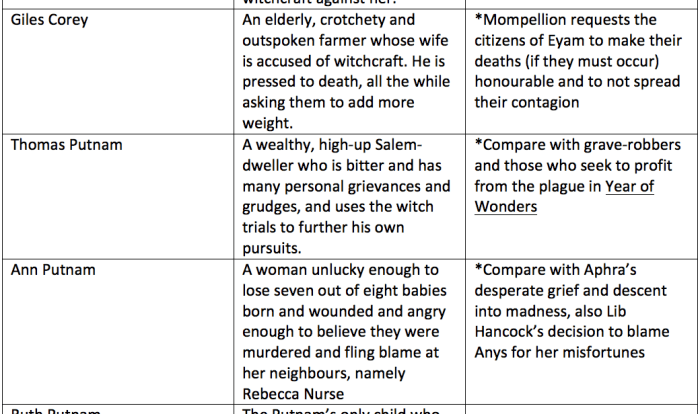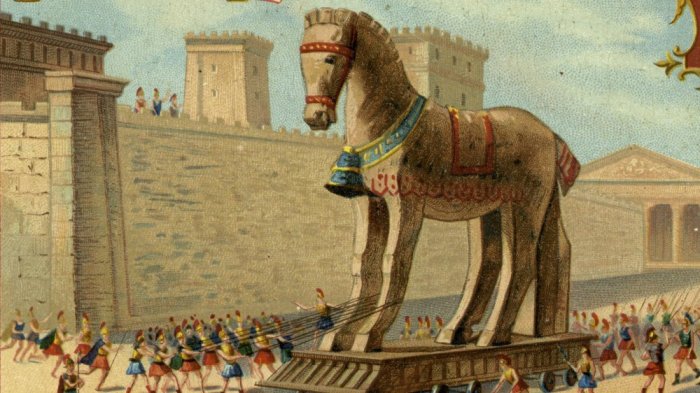In the book night what is the kaddish – In Elie Wiesel’s harrowing memoir, Night, the Kaddish prayer emerges as a poignant symbol of mourning and resilience amidst the horrors of the Holocaust. This essay explores the significance of the Kaddish in the novel, analyzing its emotional impact on the protagonist, Eliezer, and its broader implications for themes of faith, loss, and the human spirit.
The Kaddish, a traditional Jewish prayer of mourning, plays a pivotal role in Night. As Eliezer witnesses the unimaginable atrocities of the concentration camps, the Kaddish becomes a desperate plea for solace and a defiant act of remembrance.
The Kaddish in “Night”
The Kaddish, a central Jewish prayer of mourning, holds profound significance in Elie Wiesel’s novel “Night.” It serves as a powerful expression of grief, remembrance, and the struggle to find meaning in the face of unimaginable suffering.
Significance of the Kaddish
The Kaddish, traditionally recited by mourners after the death of a loved one, is a prayer of praise and sanctification of God’s name. In “Night,” it becomes a symbol of the characters’ desperate attempts to maintain their faith and connect with the divine despite the horrors they endure.
Emotional Impact on Eliezer
As Eliezer witnesses the death of his father and countless others in the concentration camps, the Kaddish becomes a source of both solace and torment. It provides him with a sense of ritual and connection to his lost loved ones, yet it also forces him to confront the fragility of life and the futility of his own prayers.
The Meaning of the Kaddish in the Novel

The Kaddish is a Jewish prayer of mourning and remembrance. In “Night,” Eliezer Wiesel uses the Kaddish as a powerful symbol to explore the themes of faith, meaning, and the resilience of the human spirit in the face of unimaginable suffering.
The Symbolic Meaning of the Kaddish, In the book night what is the kaddish
The Kaddish is a prayer that praises God and affirms His greatness. In “Night,” Eliezer’s recitation of the Kaddish can be seen as an act of defiance against the Nazis, who sought to destroy the Jewish people and their faith.
By reciting the Kaddish, Eliezer is asserting that God is still present, even in the darkest of times.
The Kaddish and Eliezer’s Struggle with Faith
The Kaddish also represents Eliezer’s struggle with faith. After witnessing the horrors of the Holocaust, Eliezer begins to doubt the existence of God. He cannot reconcile the suffering he has seen with the idea of a benevolent and all-powerful God.
However, even in his darkest moments, Eliezer continues to recite the Kaddish. This shows that he is still searching for meaning and purpose in a world that seems devoid of both.
The Kaddish as a Testament to the Resilience of the Human Spirit
The Kaddish is also a testament to the resilience of the human spirit. Despite the horrors he has endured, Eliezer never gives up hope. He continues to believe that there is meaning to be found in life, even in the face of adversity.
The Kaddish is a symbol of this hope and resilience.
The Structure and Language of the Kaddish

The Kaddish is a Jewish prayer recited during mourning and other liturgical occasions. It is a complex and multifaceted prayer with a rich history and symbolism.
The Kaddish is primarily composed in Aramaic, with some Hebrew phrases interspersed. Aramaic was the common language of the Jewish people during the Second Temple period, and its use in the Kaddish reflects the prayer’s ancient origins. Hebrew, the language of the Torah, is used for certain key phrases, such as the name of God and the blessing formula.
Poetic and Liturgical Elements
The Kaddish is a highly poetic and liturgical prayer. It employs a variety of poetic devices, including parallelism, repetition, and imagery. The prayer’s language is both elevated and accessible, using both biblical and everyday language.
The Kaddish is also a liturgical prayer, meaning that it is recited during specific religious services. It is traditionally recited at the end of a Torah reading, during mourning services, and on other occasions. The prayer’s liturgical context adds to its significance and meaning.
The Kaddish as a Literary Device
The Kaddish, a Jewish prayer of mourning, serves as a powerful literary device in Elie Wiesel’s “Night.” It contributes to the novel’s overarching theme of loss and redemption, while also shaping the narrative structure and character development.
The Kaddish and the Theme of Loss and Redemption
The Kaddish is traditionally recited by mourners to commemorate the dead and to affirm their faith in God’s ultimate justice. In “Night,” the Kaddish becomes a symbol of the profound loss experienced by the Jewish people during the Holocaust. Eliezer, the protagonist, witnesses the death of his family and countless others, leaving him with a deep sense of grief and despair.
The Kaddish becomes a way for him to express his sorrow and to grapple with the unimaginable suffering he has endured.At the same time, the Kaddish also offers a glimmer of hope and redemption. By reciting the Kaddish, Eliezer affirms his belief in the existence of God, even in the face of such unspeakable evil.
The prayer becomes a way for him to connect with his lost loved ones and to find meaning amidst the darkness.
The Kaddish and Narrative Structure
The Kaddish plays a significant role in shaping the narrative structure of “Night.” The novel is divided into three main sections, each of which begins with the recitation of the Kaddish. This structure creates a sense of cyclical mourning, as Eliezer repeatedly returns to the prayer to process his grief and to find solace.The
Kaddish also serves as a marker of time. The passage of time is measured by the repetition of the prayer, with each recitation marking a new stage in Eliezer’s journey. As the novel progresses, the Kaddish becomes a more hopeful and affirmative prayer, reflecting Eliezer’s gradual transformation from a broken and despairing survivor to a resilient and determined witness.
The Kaddish and Character Development
The Kaddish has a profound impact on the development of Eliezer’s character. Through the recitation of the prayer, he grapples with his faith, his identity, and his responsibility as a survivor. The Kaddish becomes a way for him to come to terms with his past and to find a way to live with the memories of the Holocaust.In
the end, the Kaddish becomes a symbol of Eliezer’s resilience and his unwavering belief in the power of hope. Through the prayer, he is able to find a way to reconcile his grief with his determination to live a meaningful life.
The Kaddish in Comparative Contexts

The Kaddish, a Jewish prayer for the dead, appears in Elie Wiesel’s “Night” as a potent symbol of mourning and resilience. Its use in the novel resonates with its historical and literary significance, highlighting the universality of grief and the enduring power of remembrance.
Cross-Cultural Adaptations
The Kaddish has transcended Jewish tradition, finding adaptations in various cultures and time periods. In literature, it has been incorporated into works such as James Joyce’s “Ulysses” and Toni Morrison’s “Beloved,” where it serves as a poignant expression of loss and the search for solace.
Symbol of Mourning and Resilience
Across cultures, the Kaddish has consistently embodied the profound emotions of mourning and the strength to persevere. Its recitation acknowledges the pain of loss while offering a sense of comfort and continuity. In “Night,” Eliezer’s struggle to reconcile his faith with the horrors of the Holocaust is reflected in his ambivalent feelings towards the Kaddish.
Universality of Remembrance
The Kaddish transcends specific religious or cultural boundaries, becoming a universal symbol of remembrance. Its recitation serves as a reminder of the fragility of life and the importance of honoring those who have passed. In “Night,” the Kaddish becomes a collective act of remembrance for the countless victims of the Holocaust.
Commonly Asked Questions: In The Book Night What Is The Kaddish
What is the significance of the Kaddish in Jewish tradition?
The Kaddish is a prayer recited during mourning rituals to honor the memory of the deceased and affirm faith in God.
How does the Kaddish impact Eliezer in Night?
The Kaddish provides Eliezer with a sense of connection to his lost loved ones and a glimmer of hope amidst the despair of the concentration camps.
What is the symbolic meaning of the Kaddish in Night?
The Kaddish represents Eliezer’s struggle with faith, his search for meaning, and the resilience of the human spirit in the face of unimaginable suffering.


